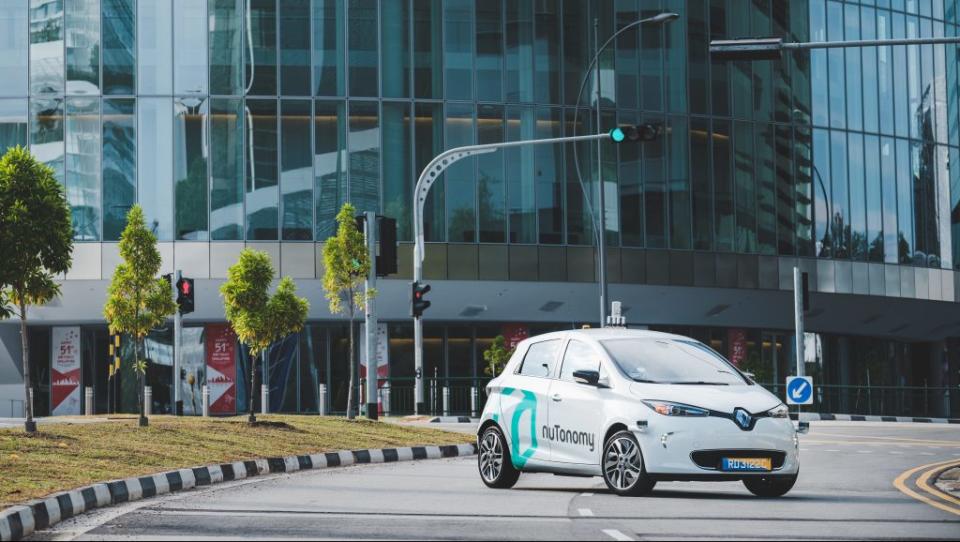Every ride-hailing company suddenly needs to prove it has plans for self-driving cars

Uber’s decision to put a few self-driving cars on the road in Pittsburgh last week may have been a media stunt, but it’s forcing competitors to respond.
While Uber was showing off its modified Ford Fusions to journalists, Ford demonstrated its driverless capabilities at its headquarters in Dearborn, Michigan. Last week also saw Volvo unveil its first production-model autonomous SUV, and this weekend Lyft co-founder John Zimmer published a lengthy essay on Lyft’s driverless future.
The latest to signal its driverless intentions is Grab, Uber’s biggest ride-hailing rival in Southeast Asia, which today announced a partnership with nuTonomy, a startup spun out of MIT that develops software for autonomous vehicles.
In late August, nuTonomy became the first company in the world to offer rides in self-driving taxis when it put six cars into service for a 2.5-square-mile section of Singapore. Under the new partnership, those vehicles will now be available to Grab riders. Grab said earlier this week that it had raised $750 million in new funding, lifting its valuation to $3 billion. Neither company responded to a request for comment.

Despite the demonstrations being given by automakers and ride-hailing companies, it’s unclear whether such driverless technologies are ready for the road. The cars Uber is testing in Pittsburgh, for example, have struggled with crossing bridges and negotiating stoplights. The National Highway Traffic Safety Administration has defined five “levels of automation”; Tesla, even after today’s software update, is still at level two.
Earlier this week, ahead of the Obama administration releasing new guidelines for self-driving cars, a column in the Wall Street Journal from Audi of America president Scott Keogh cautioned against unchecked hype and enthusiasm. “It’s worth remembering that there’s a lot of metal involved,” he wrote, “and it’s moving at great speed.”

Sign up for the Quartz Daily Brief, our free daily newsletter with the world’s most important and interesting news.
More stories from Quartz:

 Yahoo Finance
Yahoo Finance 